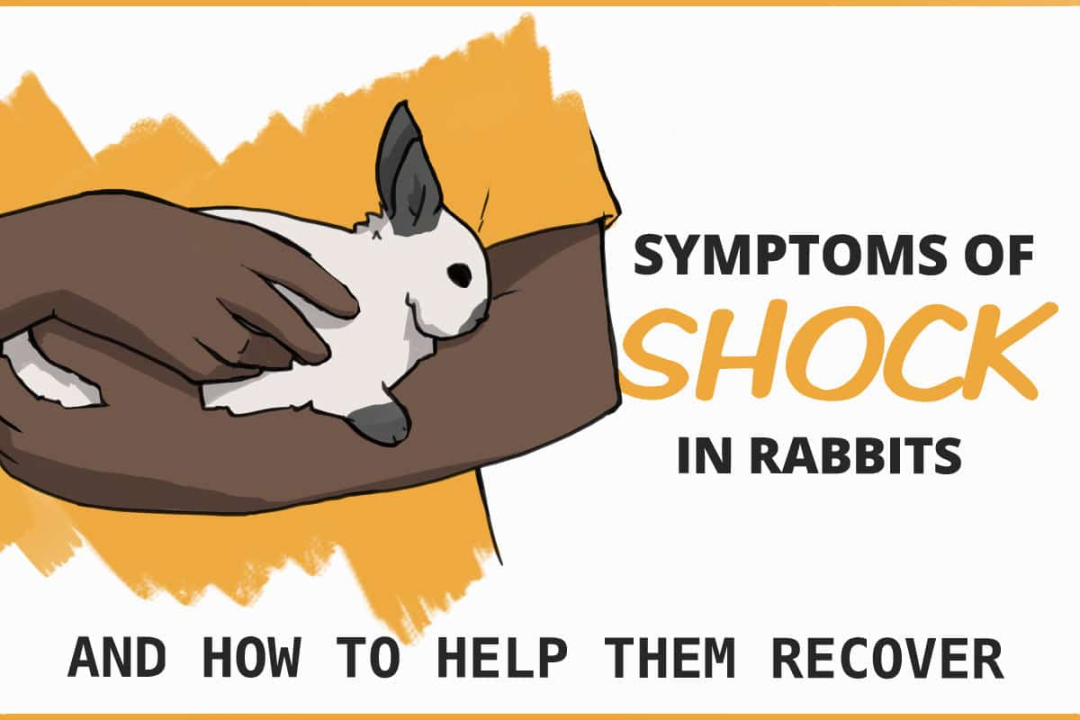How Long Does It Take For a Rabbit to Die of Shock?
Shock is a condition that can affect rabbits just like it can affect any other living being. It occurs when there is a disruption in the body’s normal blood flow, resulting in a lack of oxygen and nutrients reaching vital organs. Shock can be caused by various factors such as trauma, severe pain, infection, or a sudden change in the environment. Understanding the timeline of shock in rabbits is crucial for providing timely and appropriate medical intervention to save their lives.

The Stages of Shock
Shock progresses through several stages, each marked by distinct symptoms and physiological changes. The duration of each stage can vary depending on the severity of the shock and the rabbit’s individual response to it. Here are the three main stages of shock:
- Compensatory Stage: In this initial stage, the body tries to compensate for the lack of blood flow and oxygen. The rabbit’s heart rate and breathing may increase, and the blood vessels constrict to redirect blood to vital organs. This stage can last from a few minutes to a few hours.
- Decompensatory Stage: As shock worsens, the body’s compensatory mechanisms become overwhelmed. The rabbit may appear weak, lethargic, and disoriented. Blood pressure drops, and the heart rate slows down. This stage can last from a few hours to a day.
- Irreversible Stage: If shock is not promptly treated, it can progress to the irreversible stage. At this point, the damage to vital organs is severe, and the rabbit’s chances of survival are slim. The respiratory and circulatory systems may completely fail, leading to death. The duration of this stage can vary, but it is generally short-lived.
Factors Affecting the Timeline
The timeline for a rabbit to die of shock can vary depending on several factors:
- The severity of the shock: The more severe the shock, the faster it can progress to the irreversible stage.
- Rabbit’s overall health: Rabbits with underlying health conditions may succumb to shock more quickly than healthy rabbits.
- Treatment and intervention: Timely medical intervention can significantly prolong the timeline and potentially save the rabbit’s life.
FAQs
1. Can shock be prevented in rabbits?
While it may not be possible to prevent all instances of shock, there are measures you can take to minimize the risk. Ensure your rabbit’s environment is safe, avoid unnecessary stress or trauma, and regularly monitor their health.
2. What are the common signs of shock in rabbits?
Common signs of shock in rabbits include rapid breathing, weak pulse, pale mucous membranes, disorientation, and lethargy.
3. What should I do if I suspect my rabbit is in shock?
If you suspect your rabbit is in shock, it is crucial to seek immediate veterinary attention. Keep the rabbit warm and quiet during transportation and avoid unnecessary handling.
4. Can shock be treated in rabbits?
Yes, shock can be treated in rabbits. Treatment typically involves stabilizing the rabbit’s condition, providing supplemental oxygen, fluid therapy, and addressing any underlying causes of shock.
Shock is a serious condition that can be life-threatening for rabbits. Recognizing the stages of shock and seeking prompt medical attention can greatly improve their chances of survival. Remember to always prioritize your rabbit’s well-being and provide a safe and stress-free environment to minimize the risk of shock.
Related Articles…
Copyright Notice:
Images displayed on this website are not our property, but are procured from the internet. If you hold copyrights to any image and wish for its removal, please get in touch with us.